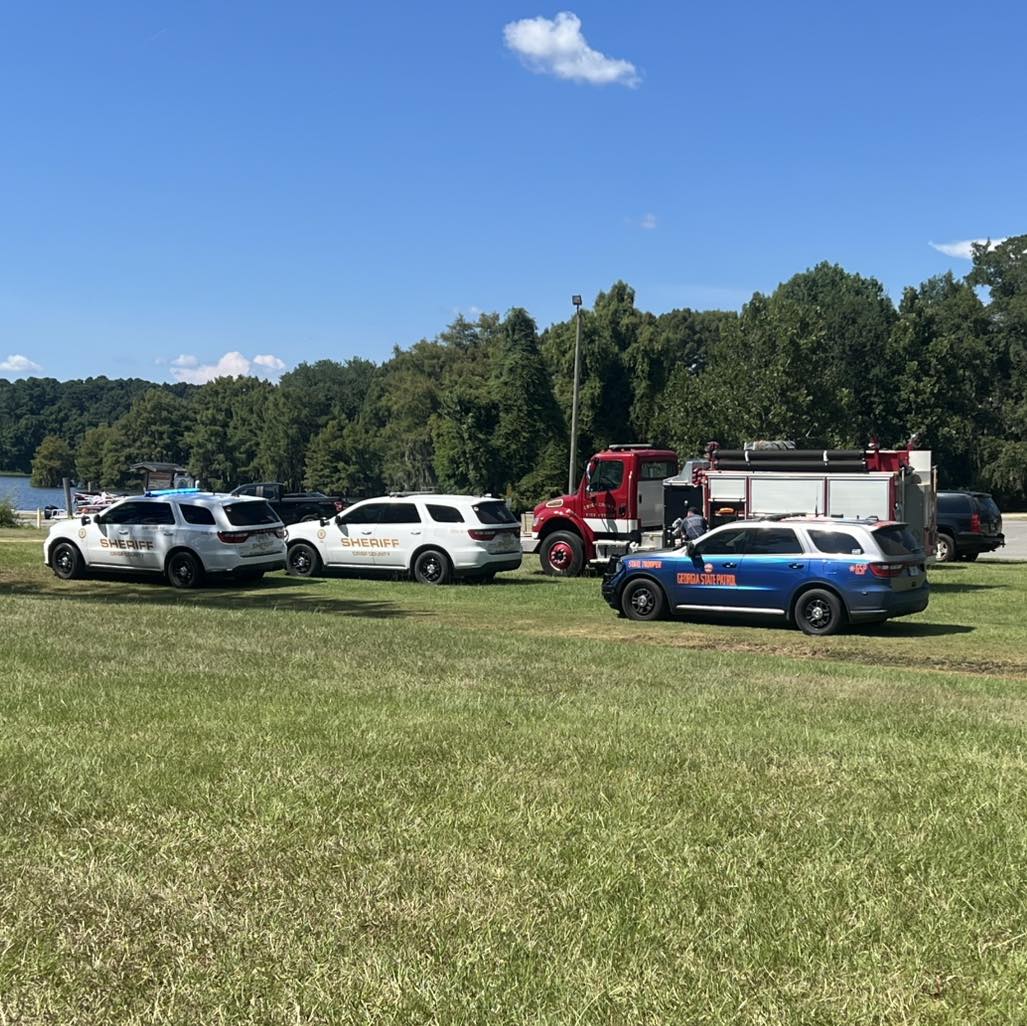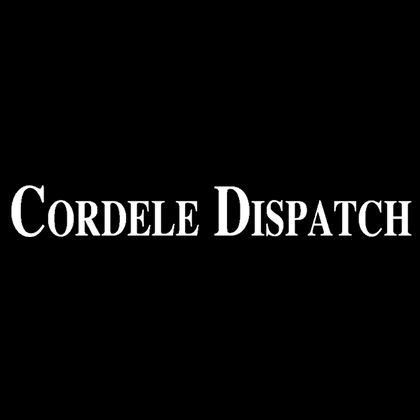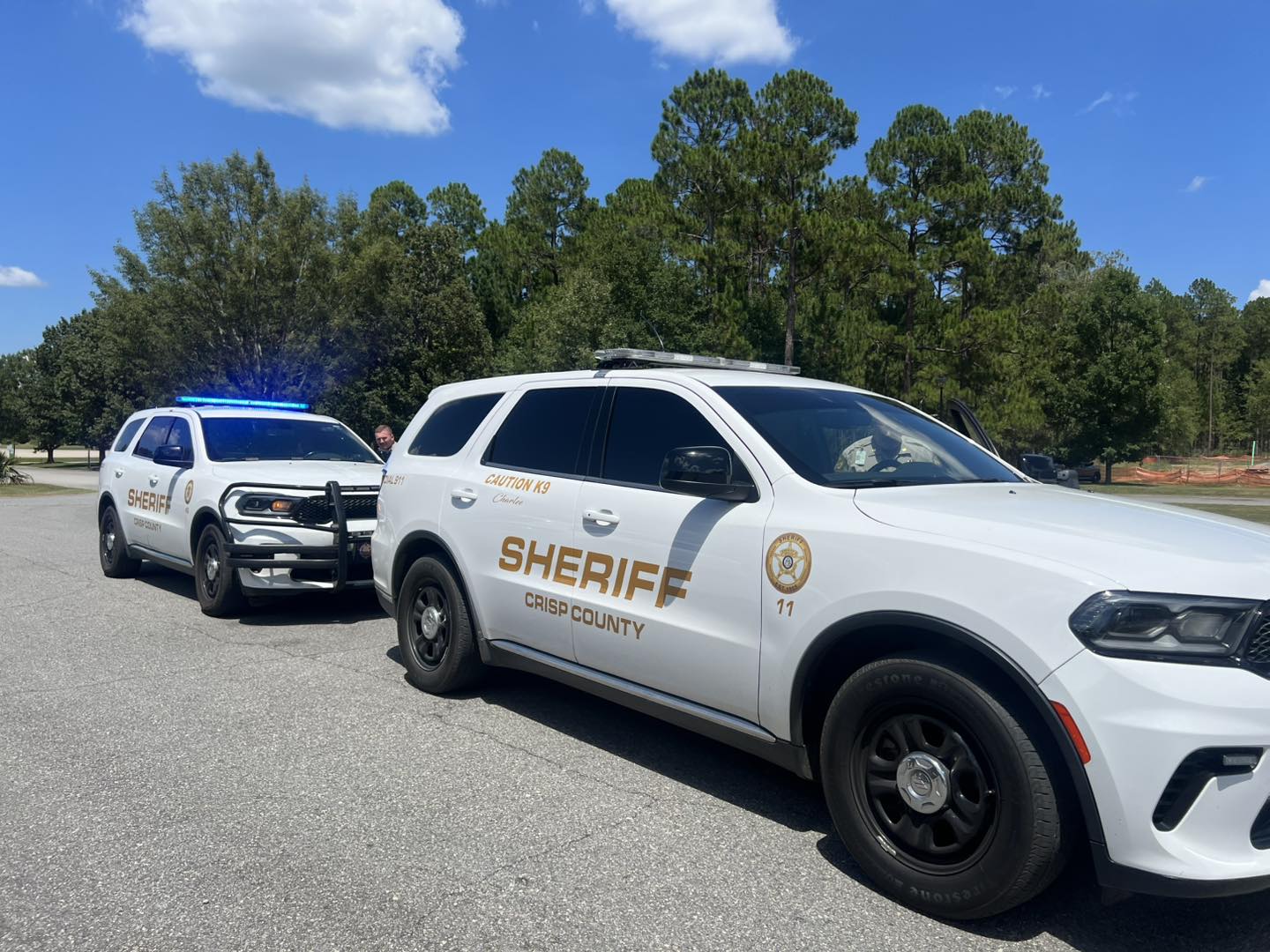Sheriff Hancock warns: Secure your valuables
Published 4:06 pm Tuesday, May 19, 2020
|
Getting your Trinity Audio player ready...
|
Crisp County Sheriff Billy Hancock is advising residents to lock up their valuables to minimize the chance that they become a victim of crimes of opportunity like auto burglaries and theft.
Hancock, who not only runs the sheriff’s office but serves as the county’s emergency management director, has helped lead the community’s COVID-19 response and seen firsthand the dire economic impact of the pandemic in Crisp County.
The long-serving public safety professional wants residents to avoid being an easy target and simply lock up their valuables.
Trending
“Most entering autos occur when a vehicle is left unlocked. Protect your property, remove your valuables, and lock your vehicle,” Hancock said.
Here are some tips from Hancock and the Crisp County Sheriff’s Office that can help you protect your belongings and prevent vehicle burglary.
*Do not leave purses, wallets, laptops, expensive sunglasses, cell phones, or other valuables in plain sight
*Lock all valuables in the trunk or take them with you
*Remove detachable stereos and faceplates every time
*Always lock doors and windows
Trending
*Never leave your keys in the vehicle
*Never leave cash visible
*Take valuables inside your house after you park at home for the night or weekend
*Consider purchasing and installing a strong-walled tamper-proof box that can be bolted down and secured with heavy locks for valuables you wish to leave inside your vehicle while unoccupied
*Park in well-lit areas around other vehicles whenever possible
*Be aware of your surroundings
If you observe suspicious activity, call 911.
“Our citizens are our greatest asset, our eyes and ears out and about in our community. We can all help keep our community safe by reporting suspicious activity. Citizens can report suspicious activities, tips, or crimes by calling or texting our tip hotline at (229-322-8891), submitting online at https://crispcountysheriff.com/crime-stopper, or calling our office at (229-276-2600). Reporters can remain anonymous if desired,” Hancock said.





